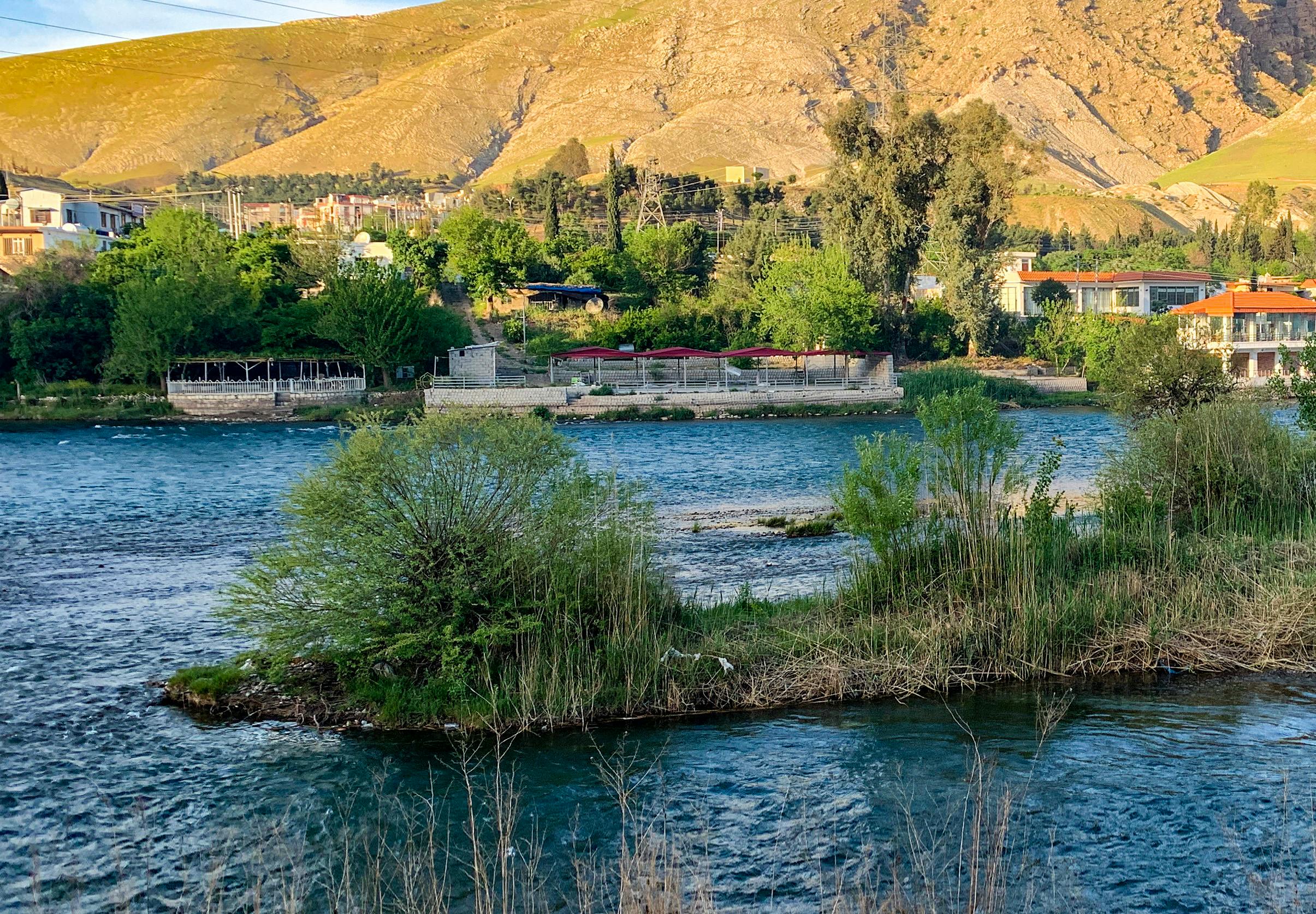
Tokenization of Commodities and Natural Resources: A Comprehensive Blockchain and DeFi Guide
Tokenization of Commodities and Natural Resources: A Technical and Legal Overview
Understanding Commodity Tokenization in the Digital Age
Tokenization of commodities and natural resources represents a groundbreaking intersection of blockchain technology, financial innovation, and digital asset management. This emerging field transforms traditional asset ownership by converting physical resources into digital tokens that can be traded, fractionalized, and managed with unprecedented efficiency and transparency.
Legal Frameworks Across Jurisdictions
The regulatory landscape for commodity tokenization varies significantly across global jurisdictions. In the United States, the Securities and Exchange Commission (SEC) maintains strict guidelines for tokenized assets, requiring comprehensive compliance with securities regulations. Offshore financial centers like the British Virgin Islands (BVI) and Cayman Islands offer more flexible regulatory environments, enabling innovative tokenization structures.
Regulatory Comparison Table
| Jurisdiction | Regulatory Approach | Key Considerations |
|---|---|---|
| United States | Strict SEC Oversight | Comprehensive securities compliance |
| BVI | Flexible Framework | Enhanced digital asset registration |
| Switzerland | Progressive Regulation | Blockchain-friendly legal environment |
| Liechtenstein | Comprehensive Token Legislation | Advanced blockchain asset laws |
Top Tokenization Protocols and Platforms
Leading Commodity Tokenization Platforms
-
Polymath Network: Specializes in security token infrastructure, enabling complex commodity token creation with robust compliance mechanisms.
-
Harbor: Provides end-to-end tokenization solutions with emphasis on regulatory compliance and institutional-grade infrastructure.
-
Open Finance Network: Focuses on creating interoperable tokenization protocols for various asset classes, including natural resources.
Technical Architecture of Commodity Tokenization
Tokenization involves creating digital representations of physical assets through blockchain-based smart contracts. These tokens encapsulate ownership rights, transfer mechanisms, and embedded compliance rules. The process typically involves comprehensive asset valuation, legal documentation, and blockchain token generation.
Market Analysis and Growth Projections
According to recent market research from 2023-2024, the global commodity tokenization market is projected to grow from $2.3 billion to an estimated $7.6 billion by 2026, representing a compound annual growth rate of 35.4%. This exponential growth reflects increasing institutional interest and technological maturation.
Challenges and Technological Considerations
Tokenizing commodities presents complex technical and legal challenges, including:
- Accurate asset valuation
- Real-time tracking mechanisms
- Cross-border regulatory compliance
- Secure custody solutions
- Liquidity management
Future Implications
The convergence of blockchain technology, artificial intelligence, and advanced tokenization protocols will likely revolutionize how natural resources and commodities are traded, managed, and perceived as financial instruments.
RWA.codes: Your Tokenization Partner
RWA.codes specializes in comprehensive tokenization solutions, offering expert legal, technical, and strategic support for organizations seeking to leverage blockchain technology in commodity and natural resource markets. Our multidisciplinary team provides end-to-end services spanning regulatory compliance, technical architecture, and strategic implementation.